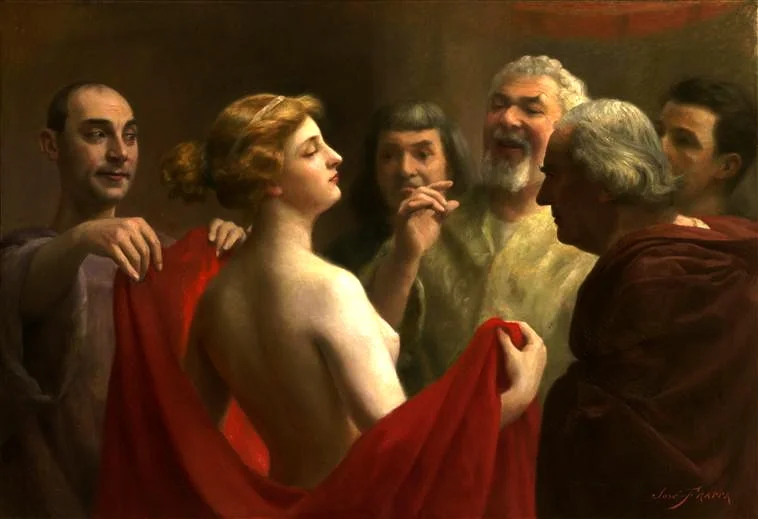beware Thoth.... he be not a bin chicken!
An interesting article in The Brisbane Times caught my eye last month (23 March 2018): In ancient Egypt the penalty for killing a 'bin chicken' was death. Now I am sure that most ancient history teachers will caution their students about interfering with Thoth. "Be warned!" I have intoned to my class, "You are messing with your afterlife if you chase the ibis!" Blank stares. This response leads me to detail the important role of Thoth in Egyptian mythology and pose the idea that respect for the ibis could be your ticket to the afterlife!
(NB: for the benefit of international visitors, in Australia, ibis are referred to as 'bin chickens' as they are constantly rummaging through bins and scavenging food.)
Thoth was a busy god. He had many different roles in Egyptian mythology, particularly to ensure that good triumphed over evil. Represented as the Ibis-headed god, and less commonly with a baboon head, Thoth also worked alongside Ma'at to ensure the correct management of the cosmic order. Most importantly, it was Thoth who reported on your success at the weighing of the heart ceremony - part of the transition from life to death. His words could condemn or save your soul for eternity. A powerful god, he is up there with Ra and Osirus. Beginning to rethink your attitude to the 'bin chicken'?
Dr Sally Wasef, paleogeneticist from Griffith University, outlined the gravitas of Thoth's position: “[Ancient Egyptians] respected ibises so much, you could be put to death if you killed an ibis …[and] only the priests were able to mummify them.” Yup. Death people, death! She points out that Egyptians would offer mummified Ibis to the gods, much as Christians would light a candle - a symbol of prayer and a plea for assistance from above. It is at his point of the lesson that my students usually point out: this is Australia, Miss, not ancient Egypt. It's not he same anymore! And they are indeed correct. The advent of Christianity and the decline of the Egyptian religion meant that Thoth was no longer worshiped and the link between the bird and the god virtually disappears for all but those who know their Egyptian mythology.
However, there are usually enough budding Egypt-piles in the class who start to understand the implications of their anti-Ibis behaviour. Others are not convinced - such is religion. But on a recent lunch duty, I was encouraged to hear a student inform another student that chasing the ibis might send you to hell - not quite the point I was making in class, but close enough for me to appreciate that I had been listened to.
From a pedagogical position, this lesson is what I call a 'hook'. Making a link between the ancient world and something that is very much part of a student's school life (the ibis in the bins!) means that they may see the value in learning about the past because it still has meaning for their 21stC lives. I am pleased to report that Egypt still holds great fascination for modern students and I am convinced that it is the gods who are keeping it interesting for them!
So, think twice before threatening the Ibis.... think about your soul and perhaps offer your leftovers to Thoth as an investment in your eternal peace.


